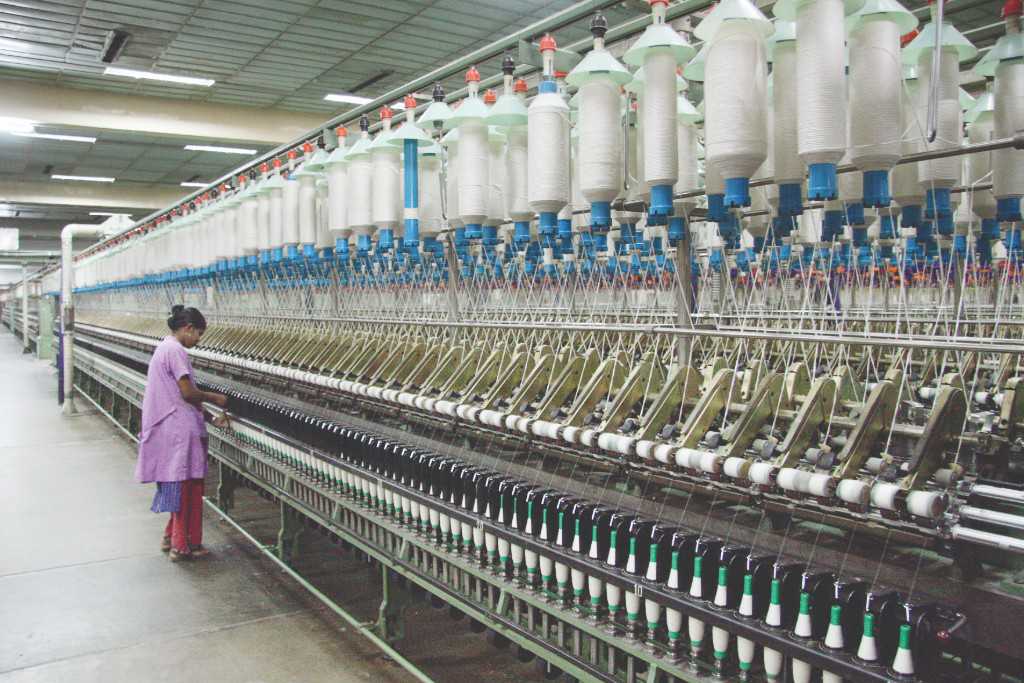Bangladesh seeks tariff benefits for increased cotton imports from US

BGMEA informed the ambassador that Bangladeshi spinners are keen to set up spinning mills in the USA
Bangladesh will import more cotton from the United States if the American government offers duty benefits for apparel items manufactured of American cotton.
BGMEA president Md Siddiqur Rahman made the proposal at a meeting with the US Ambassador to Bangladesh, Earl R Miller, at the trade body’s headquarters in the capital on Sunday.
In addition, BGMEA informed the ambassador that Bangladeshi spinners are keen to set up spinning mills in the USA , if the US government would grant tariff benefits for RMG made with yarn imported from such factories in the USA.
“Since Bangladesh is the largest importer of cotton, we could import more cotton from the USA. In that case, we need to know what kind of duty benefits the US government will offer on the export of clothing made of American cotton,” BGMEA president Siddiqur Rahman told reporters after a meeting with the US envoy.
Bangladesh does not enjoy duty free market access facility for apparel products in the US market.
According to Bangladesh Textile Mills Association (BTMA), Bangladesh imports nearly 8 million bales of cotton from across the world annually, of which 6.93% is from the USA.
According to international trade administrator Otexa’ data, Bangladesh exports to the US market stood at $5.20 billion, up by 5.72% in January-November of 2018. Apparel exports to the US market saw a 6% jump to $5 billion in the period.
The BGMEA will write a letter to the US government soon, expressing its interest and seeking duty benefits in exporting apparel goods, according to Siddiqur.
“I told the US ambassador that a few spinners showed keen interest to establish spinning mills in your country and they will invest to produce yarn if the US government offers duty benefits for RMG goods exported to the US, made of US cotton,” said the BGMEA leader.
The BGMEA underscored the need for restarting negotiations to restore the Generalized System of Preferences (GSP) suspended in 2013 over workers’ rights and workplace safety.
Citing the US envoy, Siddiqur said “Labor rights and human rights situation have improved in Bangladesh after the Rana Plaza collapse, but there was no evaluation of rights and safety issues in last two years.”
But during the talks, he assured the ambassador that Bangladesh has met all the 16 conditions attached for the restoration of GSP trade facilities, said Rahman.
The business leader also said that the duty free market access will ultimately benefit US consumers and increase bilateral trade as well as help Bangladesh in creating jobs, he added.
At the meeting, the US ambassador also wanted to know about the termination of 11,000 apparel workers centering the recent unrest over a new wage structure, the BGMEA president said.
However, he disputed the number and said that the figure was not more than 4000 and they were terminated as per the law.
Source: https://www.dhakatribune.com
Tags :
Previous Story
- Top Bangladesh trade lobby FBCCI goes to polls...
- Thousands of Bangladeshi garment workers jobless after protest
- AIIB to invest $274m in energy sector of...
- BGMEA looks for $1b export to India
- Bangladesh RMG industry braces for worker protests for...
- Pvt sector investment key for green transformation